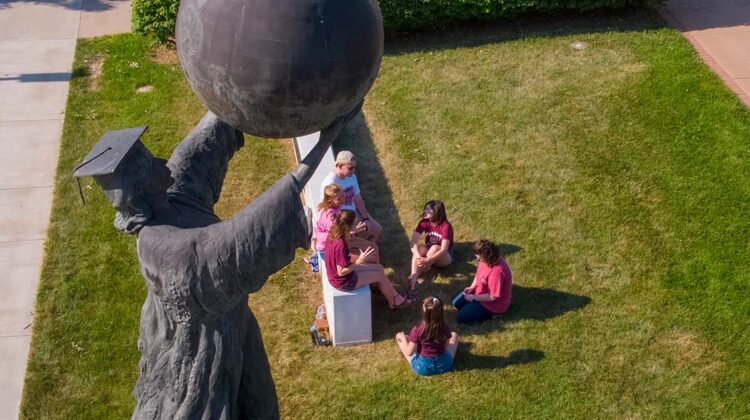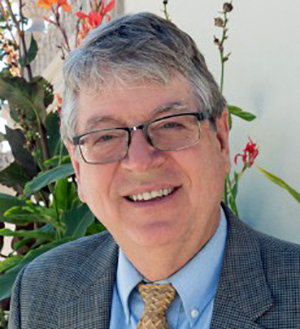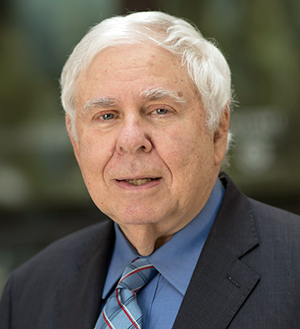Paws to the Polls (PTTP), a nonpartisan voter education initiative at Missouri State University, continued its efforts to educate and enable voters during a busy February and March.
The group engaged in voter registration and education efforts as well advocacy for laws that expand voter access.
“Paws to the Polls is deeply invested in increasing voter access and promoting civic engagement,” said Dr. Suzanne Walker-Pacheco, professor of anthropology in the Department of Sociology, Anthropology and Gerontology.
PTTP supports three Missouri House bills
Walker-Pacheco cited the group’s Feb. 14 trip to the Missouri State Capitol as one example of their efforts.
This was PTTP’s fourth trip, she explained, during which the group met with 10 legislators and was recognized by Missouri District 132 Representative Crystal Quade on the House floor.
“The purpose of this trip was to advocate for three House bills that would expand voter access,” Walker-Pacheco explained.
HB 1927 would restore access to voting for those currently on probation and parole, after they have served their time. HB 2379 would allow restoring of university IDs as valid for voting, as they were until a Missouri House bill prohibiting their use was signed into law in 2022. HB 2510 would create provisions for automatic voter registration for U.S. citizens in Missouri through information via the DMV, increasing the number of registered voters and make voting more accessible. [Read more…] about Paws to the Polls continues voter education efforts







